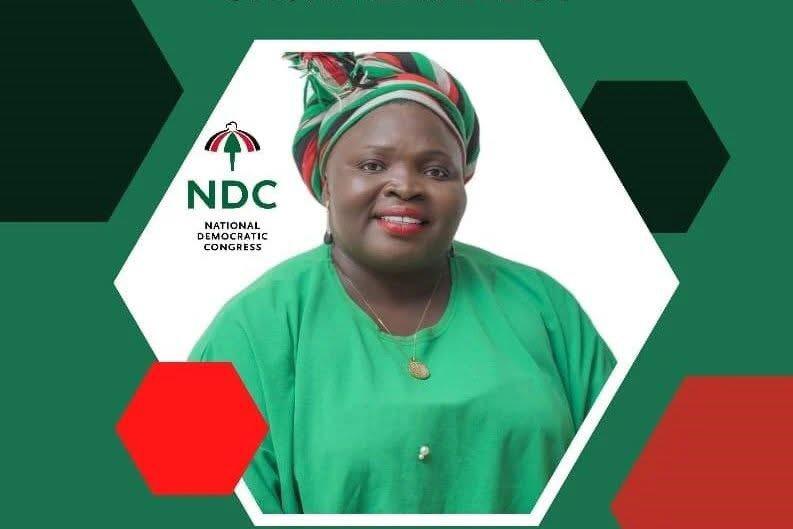The confirmation process for District Chief Executives (DCEs) in Ghana’s Upper West Region has encountered a roadblock in the Nadowli/Kaleo District, where Mary Mumuni, the President’s nominee, failed to secure the required two-thirds majority vote from the assembly members. Ms. Mumuni, currently serving as the Women’s Organiser for the National Democratic Congress (NDC) in the district, received 24 votes in favor and 28 against, effectively halting her appointment and leaving the district without a substantive DCE. This rejection marks the second such instance in the region during this round of confirmations, following the earlier rejection of Shaibu Adamu, the nominee for the Wa East District. These setbacks highlight the complexities and challenges inherent in local government appointments, underscoring the importance of consensus-building and stakeholder engagement in ensuring effective local governance.
The rejection of Ms. Mumuni has left the Nadowli/Kaleo District in a state of administrative limbo, awaiting further direction from the Presidency. Established procedures dictate that the President can either renominate the same candidate, giving Ms. Mumuni a second chance to sway the assembly members, or propose a new candidate altogether, initiating a fresh confirmation process. This decision carries significant weight, as it will directly impact the district’s ability to address pressing local development needs and implement government policies effectively. The prolonged absence of a substantive DCE can hinder progress on critical infrastructure projects, social welfare programs, and overall community development initiatives.
While the rejections in Nadowli/Kaleo and Wa East represent setbacks in the confirmation process, they should be viewed within the broader context of the region’s overall success rate. Nine out of the eleven Municipal and District Assemblies in the Upper West Region successfully endorsed their Metropolitan, Municipal, and District Chief Executive (MMDCE) nominees, demonstrating a general trend of positive engagement between the Presidency’s nominations and the local assemblies. These successful confirmations pave the way for stable local governance and the implementation of development agendas in the majority of the region’s districts.
The situation in Nadowli/Kaleo underscores the critical role played by assembly members in local governance. Their power to confirm or reject nominees ensures a level of local accountability and allows for community input into leadership selection. The assembly members’ decision reflects the importance of aligning leadership choices with local priorities and expectations. Their vote against Ms. Mumuni suggests a disconnect between her candidacy and the preferences of the elected representatives, emphasizing the need for greater consultation and engagement with local stakeholders in the nomination process.
The stalled confirmation process in Nadowli/Kaleo carries potential implications for service delivery and local development within the district. The absence of a substantive DCE can create a vacuum in leadership, hindering decision-making processes and delaying the implementation of crucial projects. This can have a cascading effect on the community, affecting access to essential services, economic development initiatives, and overall quality of life. The residents of Nadowli/Kaleo, like those in Wa East, now face a period of uncertainty as they await the next steps from the Presidency.
Moving forward, it is crucial for the Presidency to engage in thorough consultations with local stakeholders in both Nadowli/Kaleo and Wa East to understand the underlying reasons for the rejections and identify suitable candidates who can effectively lead these districts. This consultative approach will help ensure that future nominations are more aligned with local aspirations and increase the likelihood of successful confirmations. The ultimate goal should be to establish stable and effective local governance structures that can drive development and improve the lives of the residents in these districts. The successful confirmation of MMDCEs in the remaining districts offers a model for collaborative engagement and highlights the importance of consensus-building in achieving effective local governance outcomes.


